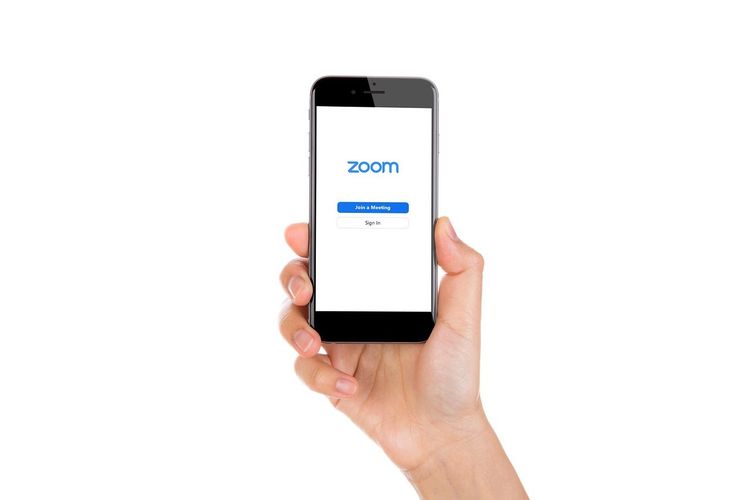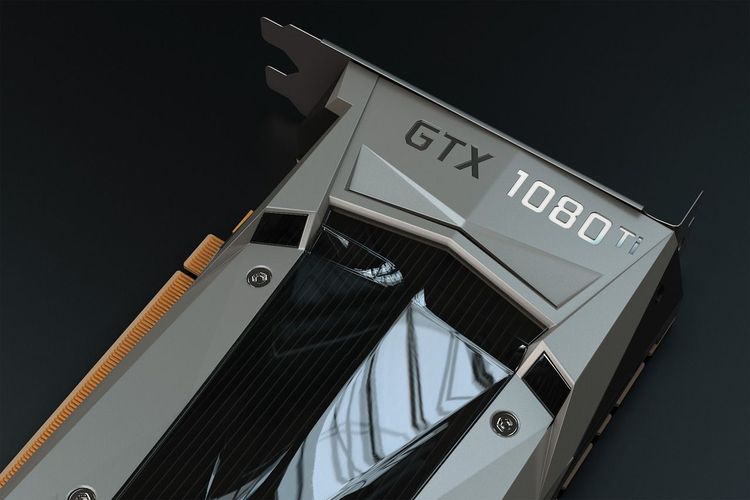Enhancing Azure AI and Microsoft Copilot: New Technology Partners with Microsoft to Launch AI Tools for Efficient Chip Design
Most people like

Introducing our AI-Powered Knowledge Management System: Revolutionize how your organization captures, organizes, and accesses information. By harnessing cutting-edge artificial intelligence, our system streamlines knowledge sharing, enhances collaboration, and boosts productivity. Discover how our innovative solution can transform your knowledge management practices and empower your team to make informed decisions faster and more efficiently. Optimize your workflows and maximize your organization's potential with our advanced AI technology.

Are you struggling to find the perfect hashtags for your social media posts? Our Social Media Hashtag Generator App is here to help! This innovative tool simplifies the hashtag creation process, making it easier than ever to boost your visibility, engagement, and reach on platforms like Instagram, Twitter, and Facebook. With just a few taps, you can access a curated list of relevant and trending hashtags tailored to your content. Unleash the full potential of your posts and connect with your audience effectively!

Unlocking the potential of a performance-driven culture hinges on effective Learning and Development (L&D) strategies powered by Behavioral Intelligence. By integrating insights from behavioral science, organizations can enhance employee engagement, streamline training programs, and foster a more dynamic workplace. This approach not only promotes continuous learning but also drives organizational success by aligning employee growth with business goals. Discover how to cultivate a thriving performance culture through innovative L&D practices backed by Behavioral Intelligence.
Find AI tools in YBX




